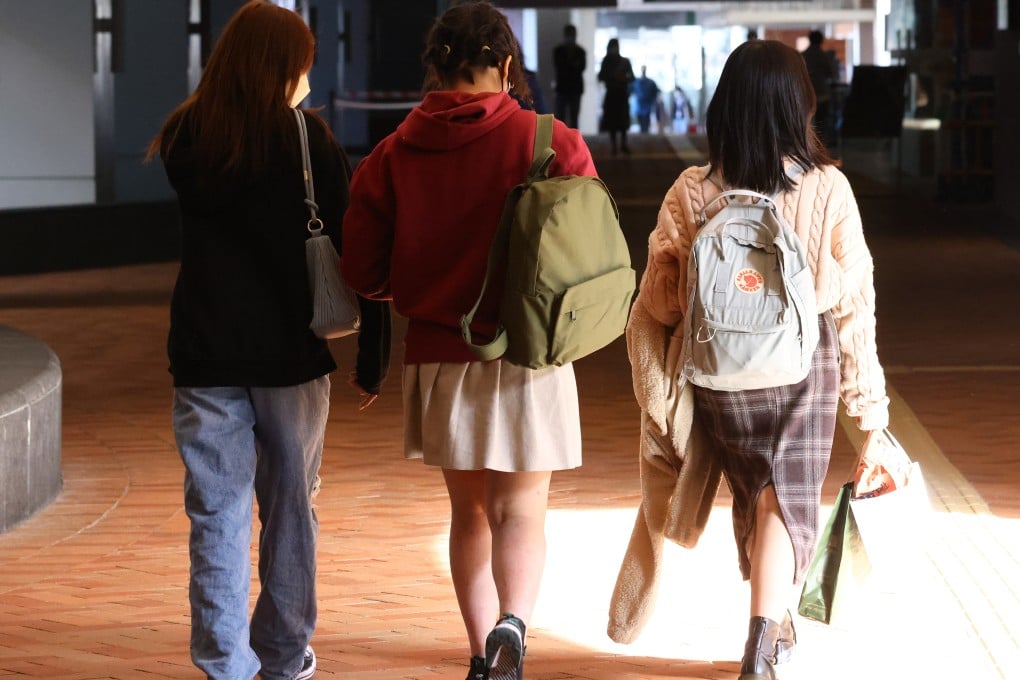Advertisement
Opinion | Don’t ban tools like ChatGPT for students when they will have to work with AI
- A ban by universities won’t stop students from using the likes of ChatGPT, while incorporating AI tools into teaching can motivate learning
- Importantly, it will mean they are better prepared to use AI when they enter the workforce
Reading Time:3 minutes
Why you can trust SCMP
2

Students can now use generative artificial intelligence (AI) tools such as ChatGPT to complete their assignments, from essays and presentation slides to computing codes and maths problems. I cannot help but wonder if my days as an educator are numbered.
Advertisement
I am shocked and awed by the ease of use and capability of these generative AI tools, which use large language models to understand and respond to questions, generating humanlike responses in natural language.
ChatGPT took the world by storm with over 100 million users just two months after its launch, making it the fastest-growing consumer app ever. It can quickly answer questions, write essays and poems, and even generate computer code.
ChatGPT and other AI tools enable users to accomplish tasks in minutes – feats previously unimaginable. Dall-E can create realistic images and art from a description in natural language, Beautiful.ai can help prepare professionally designed slides, ChatPDF allows you to upload a PDF file and ask for a summary or key takeaways, and Lateral can read multiple articles and generate a summary in minutes.
For students, these generative AI tools are a godsend. But educational institutions have legitimate concerns. If students submit AI-generated work, there is a risk of cheating and plagiarism. There is also a fear that students may lose their ability to think creatively and independently.
Advertisement
Faced with concerns about the use of generative AI tools, universities in Hong Kong have adopted different stances. Some, such as the University of Hong Kong, announced a temporary ban for students. Others, like the University of Science and Technology, have allowed staff to create their own guidelines.

Advertisement
